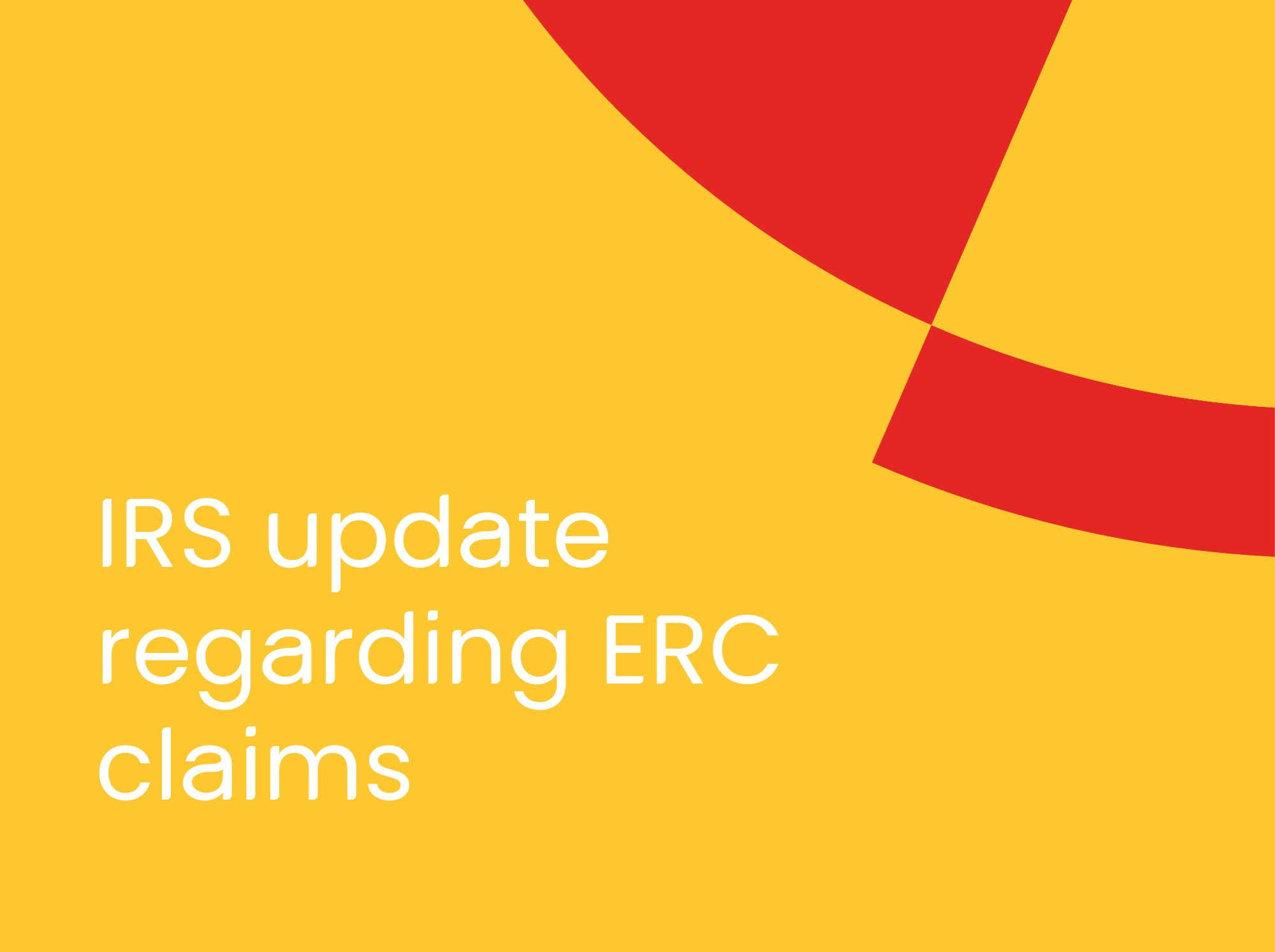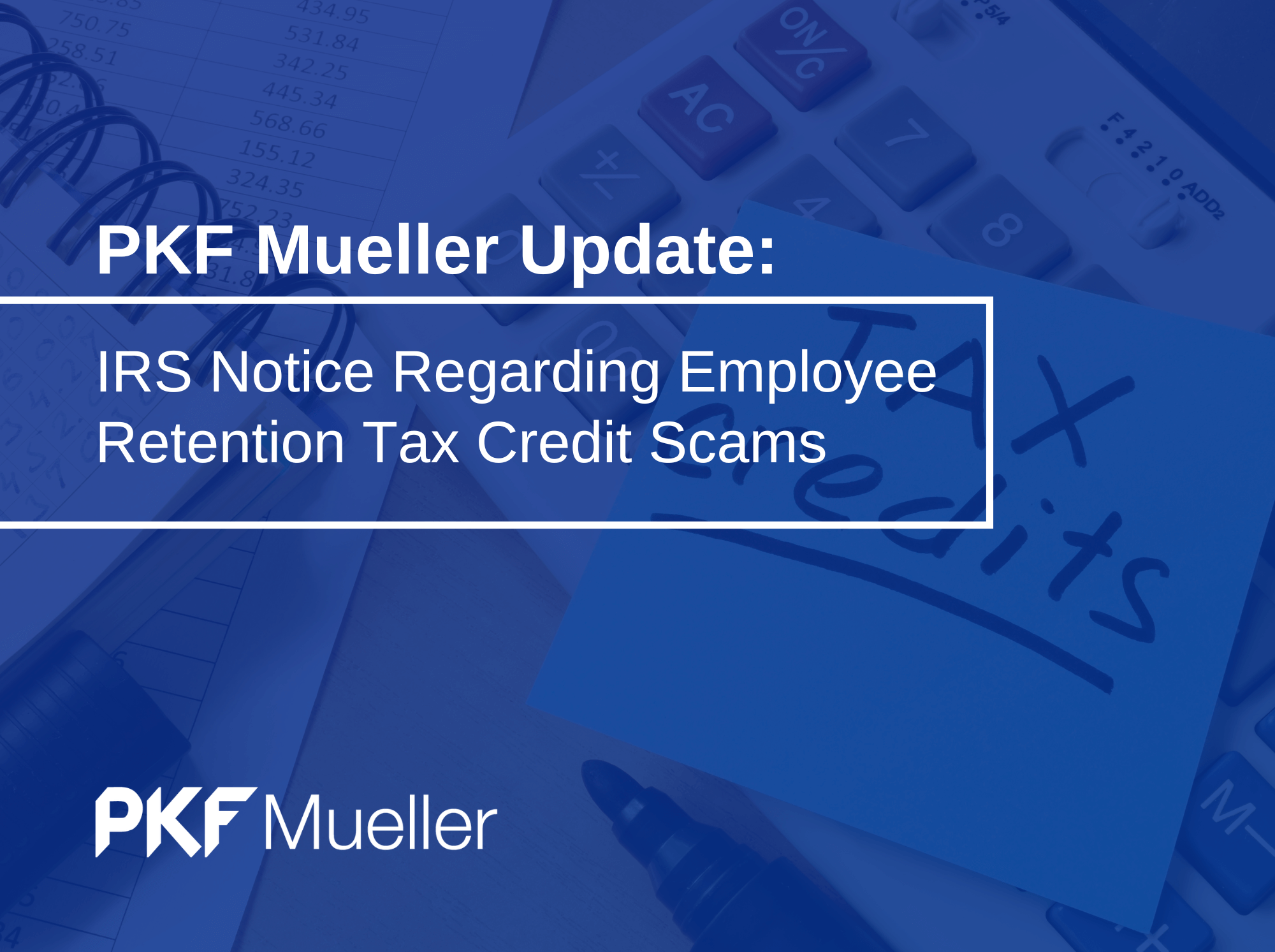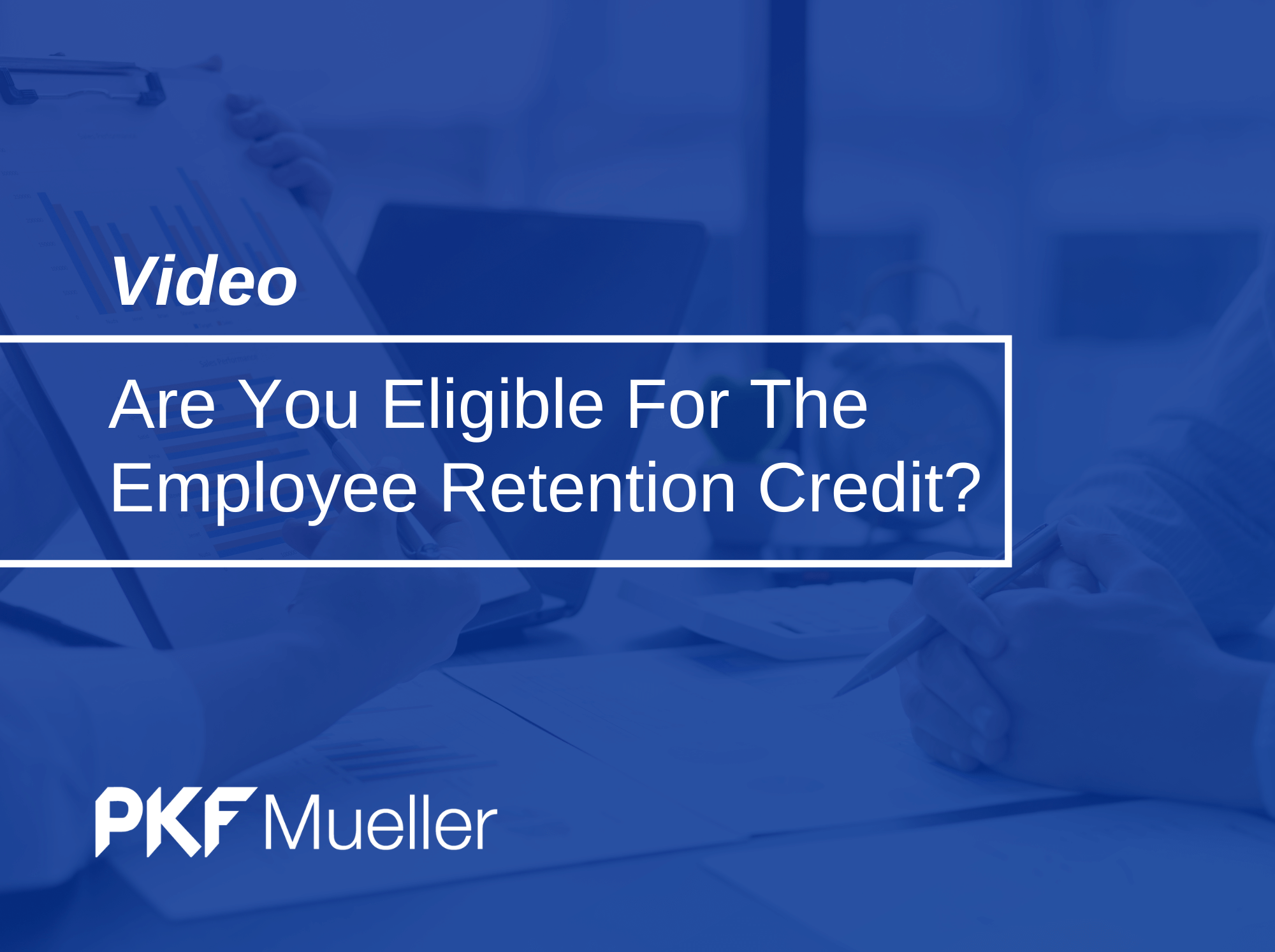After months of anticipation, the IRS issued a new ruling and procedural guidance on November 18, 2020, announcing guidance on the tax deductibility of expenses related to Paycheck Protection Program (PPP) loans that have not yet been forgiven (Revenue Ruling 2020-27 and Revenue Procedure 2020-51).
The new releases provide clarity for many taxpayers whose businesses were affected by the COVID-19 pandemic, for whom the deductibility of PPP expenses will be an important issue for their 2020 tax returns. The IRS ruling indicates that taxpayers who paid otherwise deductible expenses with PPP funds may not deduct them on their 2020 tax return if they reasonably expect that their PPP loan will be forgiven.
For tax purposes, the CARES Act specified that the forgiveness of the loan would not create taxable income. In May, the IRS stated that a deduction is not allowed for expenses related to PPP loans if the loan is forgiven. However, that applied only to amounts that had already been forgiven, leaving open the question of what to do with expenses from loans that had not yet been forgiven.
The Revenue Ruling considers two scenarios. In both, a calendar year taxpayer has received a PPP loan and used the proceeds for covered expenses during its covered period. As a result, the taxpayer “reasonably expects to receive forgiveness.” In Scenario 1, the taxpayer has applied for forgiveness before the end of 2020, but did not receive a determination before the end of 2020. In Scenario 2, the taxpayer did not apply for forgiveness before the end of 2020 but waited until 2021.
The IRS, in both scenarios, indicates that the expenses related to the PPP loan should not be deducted on the taxpayer’s 2020 tax return. The deciding factor in both scenarios is that the taxpayer reasonably expects to receive forgiveness. This eliminates the potential to protect the deductibility of these expenses in the calculation of 2020 taxable income simply by delaying the application for forgiveness until 2021.
Still not addressed is how this treatment will affect self-employed individuals for the “income replacement” portion of their PPP loans which is not related to any payments for deductible items on those taxpayers’ Form 1040, Schedule C. This seems to be a mismatch vs. the owners of corporate entities who paid themselves via the corporation’s payroll, where they will have taxable income from their wages on Forms W-2 but the entity will not be able to take a deduction for that expense. Similar guidance seems to be also lacking for members of partnerships where the partnership borrowed in order to provide the income replacement for the member partners.
Revenue Procedure 2020-51 provides a safe harbor for taxpayers to later deduct expenses related to a PPP loan if they reasonably expected forgiveness but later have their forgiveness application denied in whole or in part or decide not to seek forgiveness. The expenses can either be deducted on an amended 2020 return or on a return relating to the subsequent tax year when it becomes clear that the taxpayer will not receive forgiveness (likely either 2021 or 2022).
Next Steps
We recommended an analysis to determine whether you qualify for forgiveness. If you reasonably expect forgiveness, and the removal of those expenses will create additional taxable income in 2020 (or a significant increase in income), additional year-end planning should be considered, including deferral of income or acceleration of expenses.
These rulings may influence your decisions as to when and if to apply for PPP loan forgiveness, and how it will affect your taxable income and tax. We can help you with those decisions, and any other tax filing implications related to these rulings.
To end, there is still the possibility of legislation that would change this IRS position, but that has not been passed as of now, and Congress has indicated that any relief would be included with other legislation such as a possible PPP “2” program, a forthcoming additional stimulus bill, or other tax legislation.
If you are unsure whether you can reasonably expect to receive PPP loan forgiveness or are in need of doing additional planning, our team would be happy to assist in analyzing your situation.
Contact us for more information:

Scott Anderson, CPA, CTA
Director, Consulting Services, COVID-19 Response Team Lead
+1 630 524 5259
sanderson@pkfmueller.com
OR

Chris Gent, CPA, CISA
Partner, COVID-19 Response Team Lead
+1 847 649 8839
cgent@pkfmueller.com



